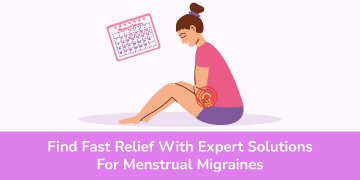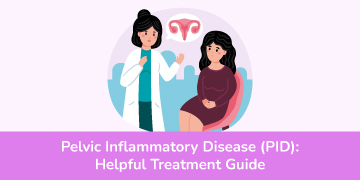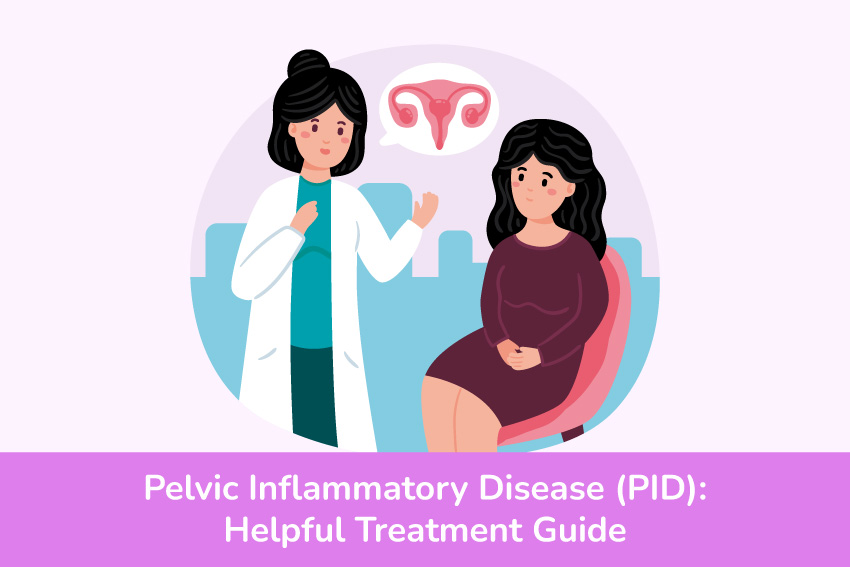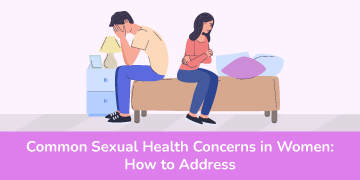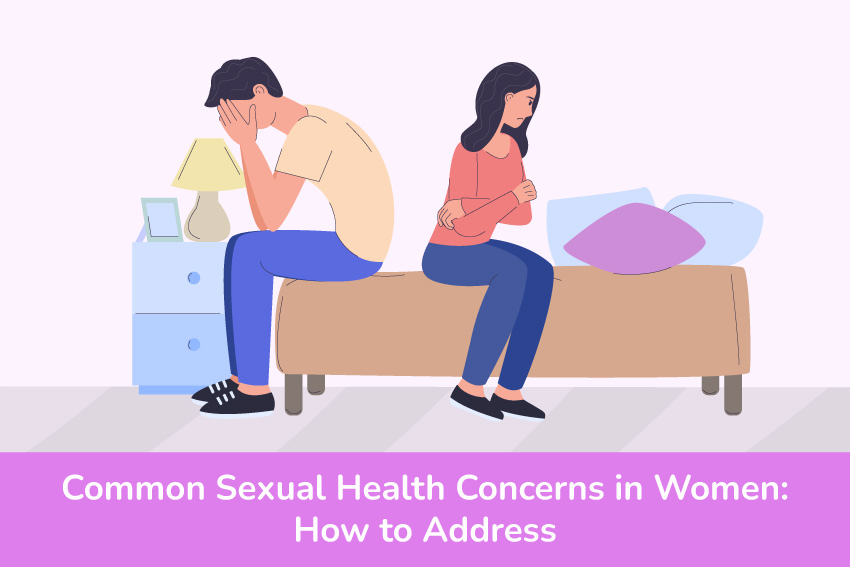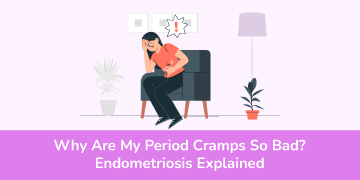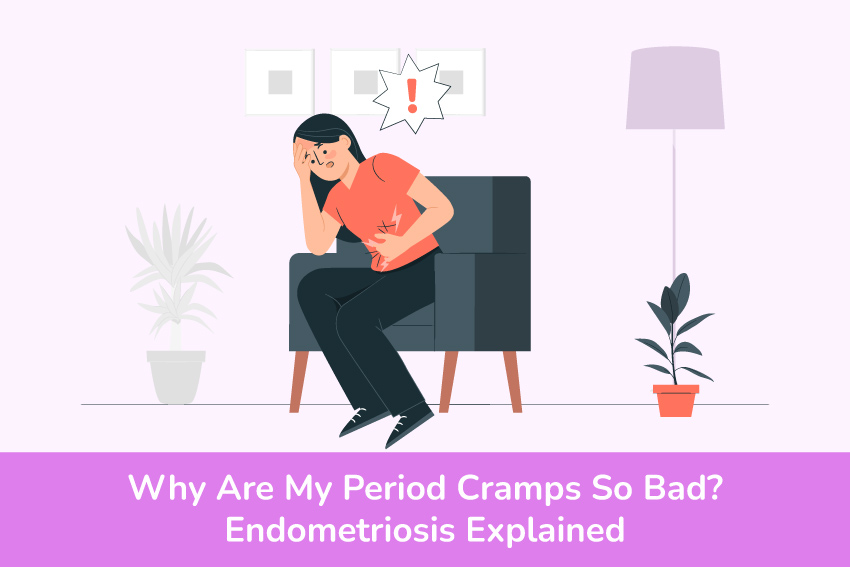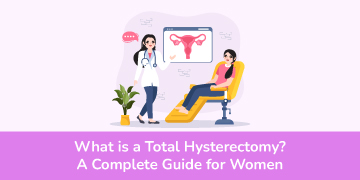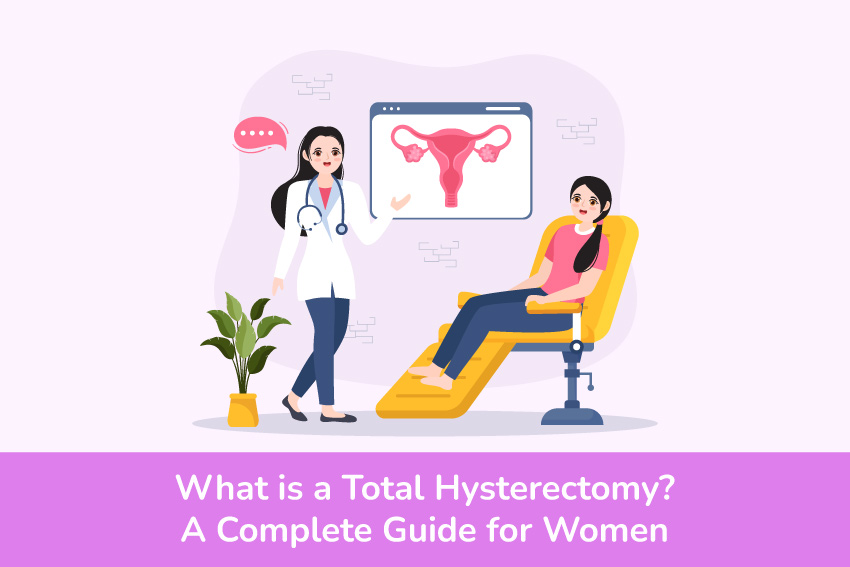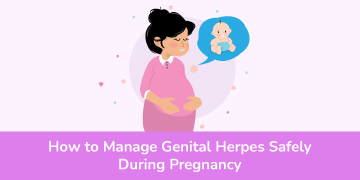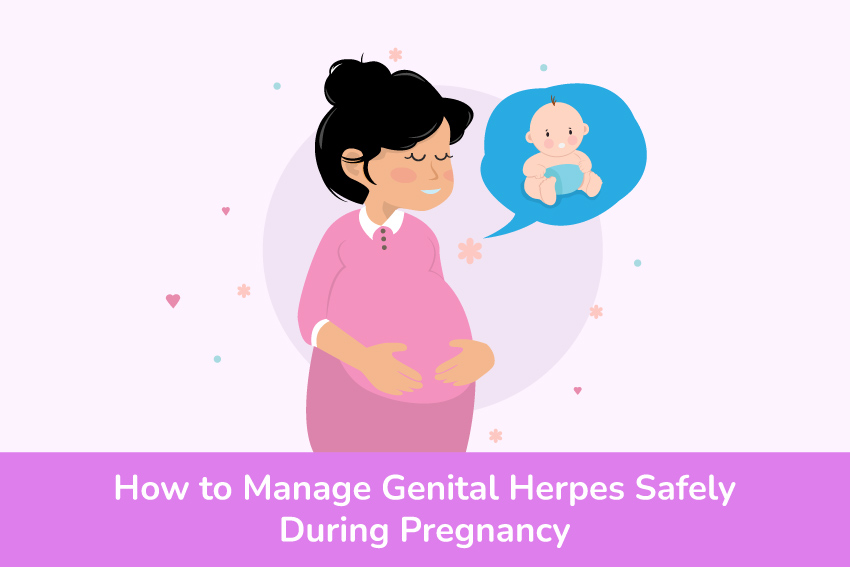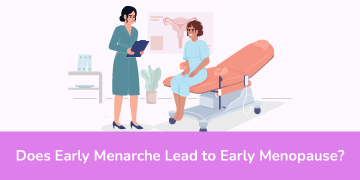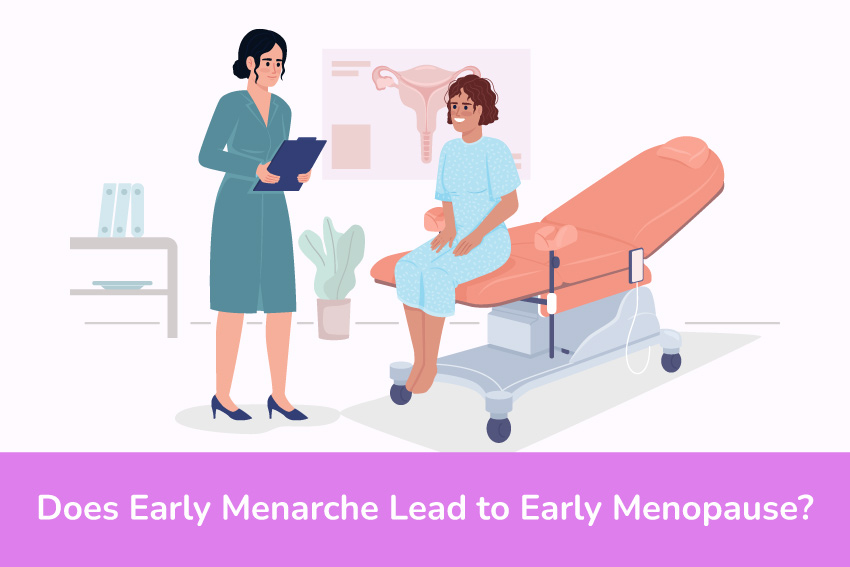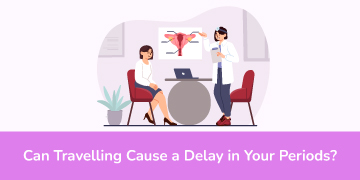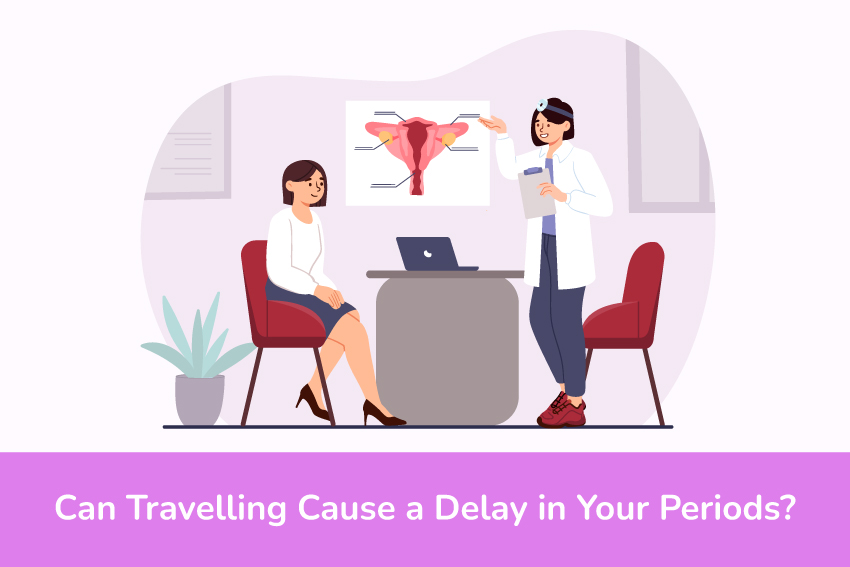Find Fast Relief With Expert Solutions For Menstrual Migraine
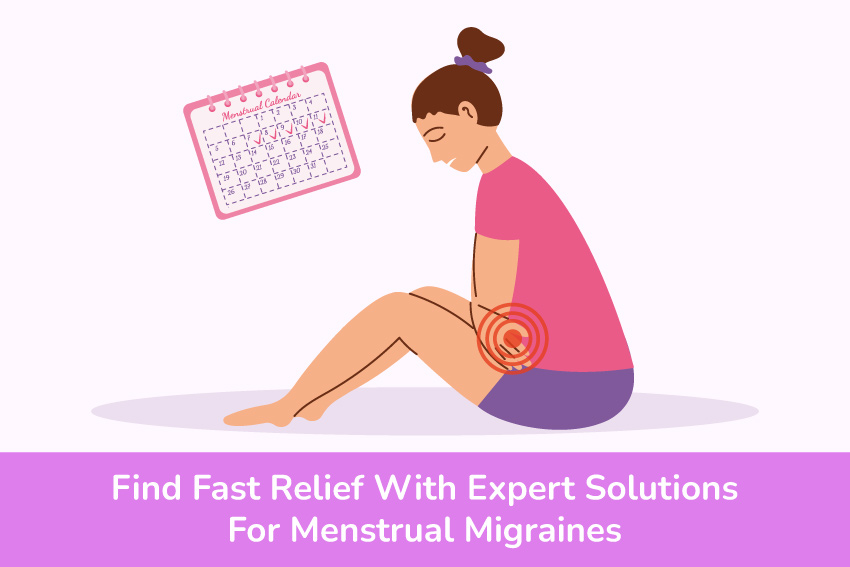
Learn all ways to make your menstrual migraine go away for good. From natural solutions to short-term and long-term treatment options, this article aims to cover it all. Get to know what actions you can take after you feel a headache start to form. We’ve also covered the key differences between menstrual-related and pure menstrual migraine. Just be sure to not self-diagnose, and if your menstrual migraine gets worse, we’ve also covered when you absolutely should seek expert advice. If this seems like something that would help you, keep reading to know more.

